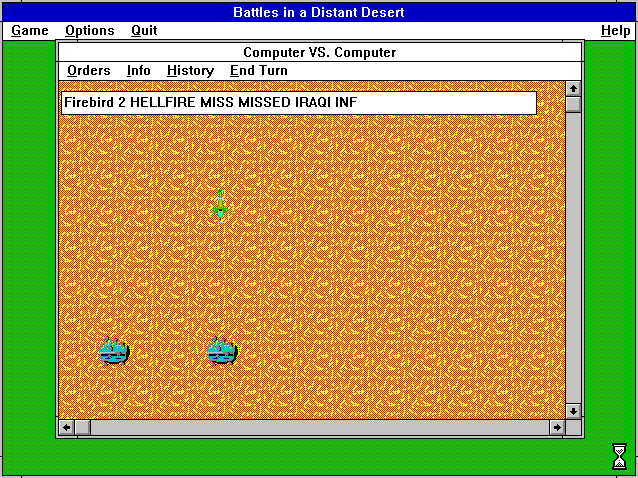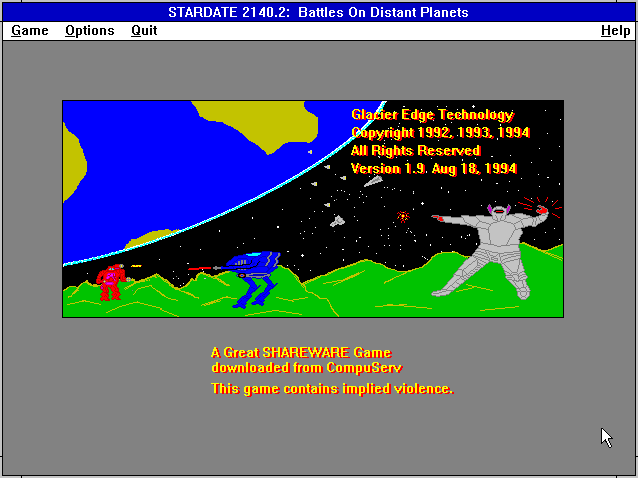https://t.co/vyVlfUN4wO
This thread is for parents of teenagers. I have something for you: the first chapter of @ronlieber’s THE PRICE YOU PAY FOR COLLEGE. Because ye gods, here’s what we and our kids are facing.
https://t.co/vyVlfUN4wO
More from Education
Saturday Morning Graduate School Admissions/Funding Breakfast
• 1297 USA Scholarships
• 5 Hot Tips for current B.S, Master/PhD applicants
• Admission and FULL Funding Info to Sweden🇸🇪, Australia🇦🇺, France🇫🇷, Germany🇩🇪 and China🇹🇷
• 6 IGTV Videos
Follow @Okpala_IU
A Thread
Are you working hard to study full time (Bachelor, MS, MBA, PhD) in the United States of America🇺🇸?
Here are 1297 verified Scholarships for year 2021
Search here: https://t.co/3AHhW7RUfK
Follow @Okpala_IU for more
Watch other videos on IGTV:
5 Hot Tips for current Bachelor, Master/PhD applicants
1. Standardized Tests (TOEFL, GRE, GMAT)
Yes, the school may have waived it for admissions but providing it definitely increasing your chances of getting funded. If it strengthens your overall profile, that is excellent.
2. Do not trivialize Letters of Recommendations
Remember that your application packet (all supporting documents) is what is being looked at while you are being considered for admission and funding. A lot of schools read LoRs very carefully so ensure you get strong letters.
Read my notes on LoRs:
• 1297 USA Scholarships
• 5 Hot Tips for current B.S, Master/PhD applicants
• Admission and FULL Funding Info to Sweden🇸🇪, Australia🇦🇺, France🇫🇷, Germany🇩🇪 and China🇹🇷
• 6 IGTV Videos
Follow @Okpala_IU
A Thread
Are you working hard to study full time (Bachelor, MS, MBA, PhD) in the United States of America🇺🇸?
Here are 1297 verified Scholarships for year 2021
Search here: https://t.co/3AHhW7RUfK
Follow @Okpala_IU for more
Watch other videos on IGTV:
5 Hot Tips for current Bachelor, Master/PhD applicants
1. Standardized Tests (TOEFL, GRE, GMAT)
Yes, the school may have waived it for admissions but providing it definitely increasing your chances of getting funded. If it strengthens your overall profile, that is excellent.
2. Do not trivialize Letters of Recommendations
Remember that your application packet (all supporting documents) is what is being looked at while you are being considered for admission and funding. A lot of schools read LoRs very carefully so ensure you get strong letters.
Read my notes on LoRs:
If you are submitting a MS/PhD application for admission in the USA, this is for you.
— Ifeanyi Okpala (@Okpala_IU) June 23, 2020
Today, I am going to share one tip associated with the \u201cLetters of Recommendation\u201d required, which I think can make a lot of difference.
- Guiding your Recommenders on Information
Thread pic.twitter.com/uxPHB0W0Su
Working on a newsletter edition about deliberate practice.
Deliberate practice is crucial if you want to reach expert level in any skill, but what is it, and how can it help you learn more precisely?
A thread based on @augustbradley's conversation with the late Anders Ericsson.
You can find my complete notes from the conversation in my public Roam graph:
https://t.co/Z5bXHsg3oc
The entire conversation is on
The 10,000-hour 'rule' was based on Ericsson's research, but simple practice is not enough for mastery.
We need teachers and coaches to give us feedback on how we're doing to adjust our actions effectively. Technology can help us by providing short feedback loops.
There's purposeful and deliberate practice.
In purposeful practice, you gain breakthroughs by trying out different techniques you find on your own.
In deliberate practice, an expert tells you what to improve on and how to do it, and then you do that (while getting feedback).
It's possible to come to powerful techniques through purposeful practice, but it's always a gamble.
Deliberate practice is possible with a map of the domain and a recommended way to move through it. This makes success more likely.
Deliberate practice is crucial if you want to reach expert level in any skill, but what is it, and how can it help you learn more precisely?
A thread based on @augustbradley's conversation with the late Anders Ericsson.
You can find my complete notes from the conversation in my public Roam graph:
https://t.co/Z5bXHsg3oc
The entire conversation is on
The 10,000-hour 'rule' was based on Ericsson's research, but simple practice is not enough for mastery.
We need teachers and coaches to give us feedback on how we're doing to adjust our actions effectively. Technology can help us by providing short feedback loops.
There's purposeful and deliberate practice.
In purposeful practice, you gain breakthroughs by trying out different techniques you find on your own.
In deliberate practice, an expert tells you what to improve on and how to do it, and then you do that (while getting feedback).
It's possible to come to powerful techniques through purposeful practice, but it's always a gamble.
Deliberate practice is possible with a map of the domain and a recommended way to move through it. This makes success more likely.
I get asked a lot how you can improve your skills and chances of getting a job as a developer. Best way is to work on a real-world project, deploy it, make it open-source, get feedback from others, share your knowledge, rinse, repeat.
Here are my top 7 project ideas. Thread 👇
1. 📊 Build an embeddable user feedback form (clone of https://t.co/xFHvT7iFEf) . Have a top notch design, fully working, minimal bugs, open-source, deploy it free on Heroku / Netlify / Vercel. If you can spare $11, buy a domain. Share with the whole world when done.
2. 🚀 Build a product roadmap SAAS.(https://t.co/Rq9DBeCMlh) Users can create new projects, create different stages for their projects. The community can submit project ideas, vote on existing ideas. Project owners pay a monthly fee per project.
3. ⛈️ Build a digital marketplace. (https://t.co/BWd1aeWMt5) Sellers can upload digital products for sale. Customers can purchase digital products and securely download. Sellers are paid out at the end of every month. Don't make it complicated, implement a great design.
4. 👨🏭 Build a job board software (https://t.co/EjWoMyqi9H). Companies can post jobs for a price, providing a link to the job application form. Jobs can be highlighted as urgent for an additional price.
Here are my top 7 project ideas. Thread 👇
1. 📊 Build an embeddable user feedback form (clone of https://t.co/xFHvT7iFEf) . Have a top notch design, fully working, minimal bugs, open-source, deploy it free on Heroku / Netlify / Vercel. If you can spare $11, buy a domain. Share with the whole world when done.
2. 🚀 Build a product roadmap SAAS.(https://t.co/Rq9DBeCMlh) Users can create new projects, create different stages for their projects. The community can submit project ideas, vote on existing ideas. Project owners pay a monthly fee per project.
3. ⛈️ Build a digital marketplace. (https://t.co/BWd1aeWMt5) Sellers can upload digital products for sale. Customers can purchase digital products and securely download. Sellers are paid out at the end of every month. Don't make it complicated, implement a great design.
4. 👨🏭 Build a job board software (https://t.co/EjWoMyqi9H). Companies can post jobs for a price, providing a link to the job application form. Jobs can be highlighted as urgent for an additional price.




















